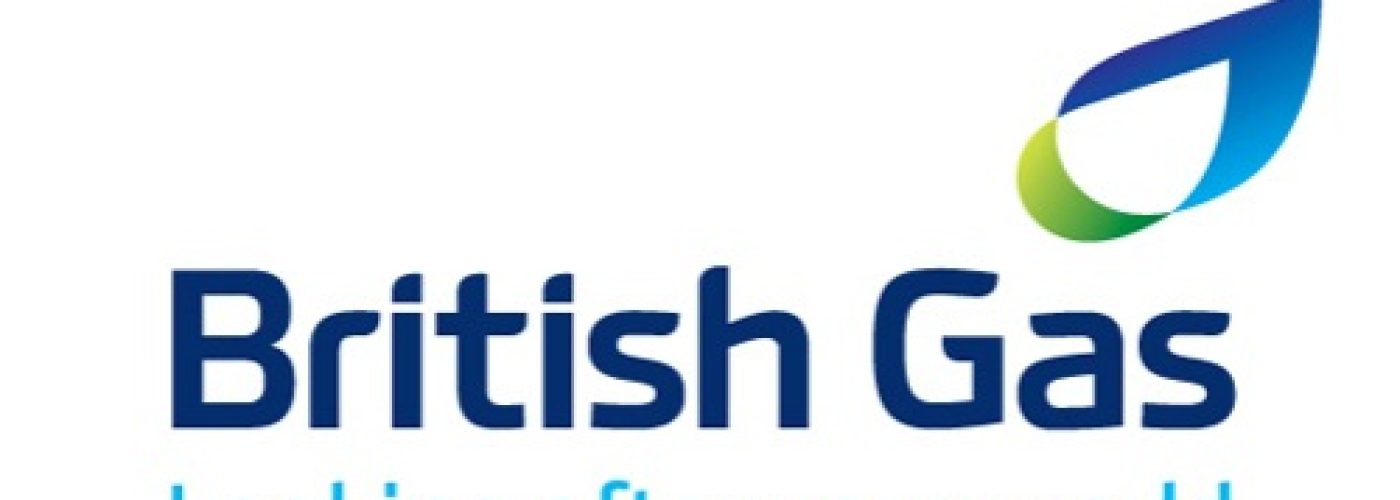All over the UK, businesses and local authorities are taking steps to become more energy-efficient. It’s not just a case of reducing emissions and protecting the environment – it’s also about lowering costs and making the most of our resources.
According to recent data from BP, the UK is the only country in the world where energy consumption is lower now than it was fifty years ago, despite the economy and population growing by a factor of three. So just what have governments and businesses been doing to improve their efficiency?
Leicester’s LED revamp
This month, Leicester City Council is starting a £966,000 modernisation programme to fit its traffic lights and pedestrian crossings with energy-efficient LEDs (light-emitting diodes). Nearly 6,000 traffic lights and more than 600 pedestrian crossing units will get an upgrade over the next five months, following the success of a trial installation in back in 2013.
It’s expected that the new LED bulbs, which are more efficient and longer-lasting than the halogen bulbs they’ll be replacing, could save the city almost £100,000 per year. Which means that after 10 years, the project will have paid for itself, and the money saved can be put to better use elsewhere.
‘This work is another big step forward as we continue to reduce our carbon footprint proactively,’ says Councillor Adam Clark, assistant city mayor for environment and sustainability. ‘In addition to the direct environmental benefits, reduced running and repair costs will also enable spending on other important transport schemes, and contribute to the necessary savings we need to make in the coming years.’
Manchester’s green growth
Since 2001, the Manchester Growth Company (MGC) has offered its services to businesses all over Greater Manchester and Cumbria, providing green intelligence monitoring, on-site reviews and workshops to help more than 1,600 companies save over £100 million.
As well as the obvious benefits of helping companies to lower the cost of their business electricity, the MGC also claims that it’s managed to save 5 million cubic metres of water, and rescued 372,000 tonnes of waste from being sent to landfills.
It’s an impressive step in both environmental care and resource management. But according to the MGC, there’s plenty more to be done.
‘These figures are proof that there is significant progress being made in Greater Manchester to boost business competitiveness and profitability by improving resource management,’ according to Samantha Nicholson, MGC’s manufacturing and low-carbon manager. ‘But with [the] government estimating that there are £55 billion in savings waiting to be unearthed, we’ve barely touched the surface of what we can achieve.’
Could your business make money by being more efficient?
You don’t have to wait for a government initiative to start putting your own company under the microscope. Even small changes can have a big impact on your bottom line. Just by improving the efficiency of hot water boilers, for example, UK businesses could save a total of more than £400 million a year, according to the Carbon Trust.
On top of that, taking steps to become more energy-efficient could also mean higher customer and investor confidence. A 2010 survey (pdf) by the Economist Intelligence Unit found that more than half of the businesses surveyed improved their brand reputation as a result of their energy efficiency programmes – which means that your reduced costs could also lead to increased sales.





